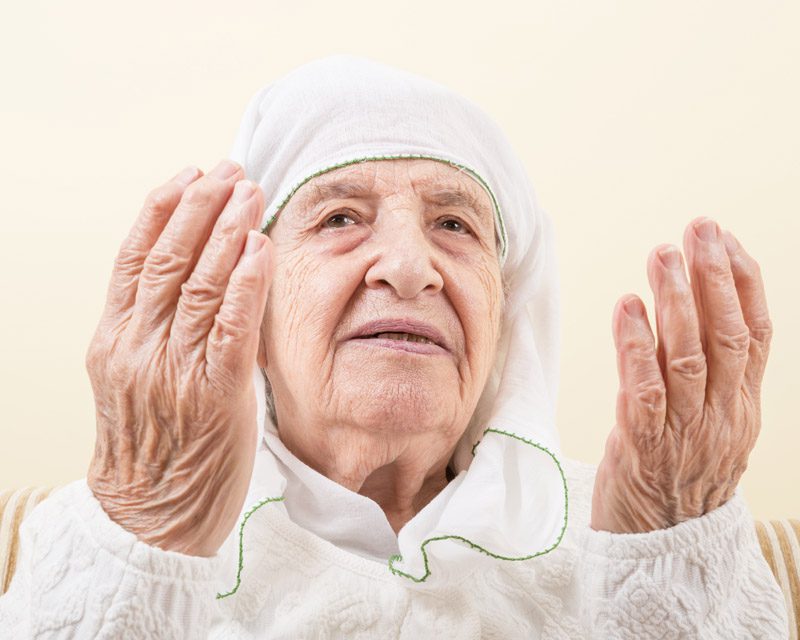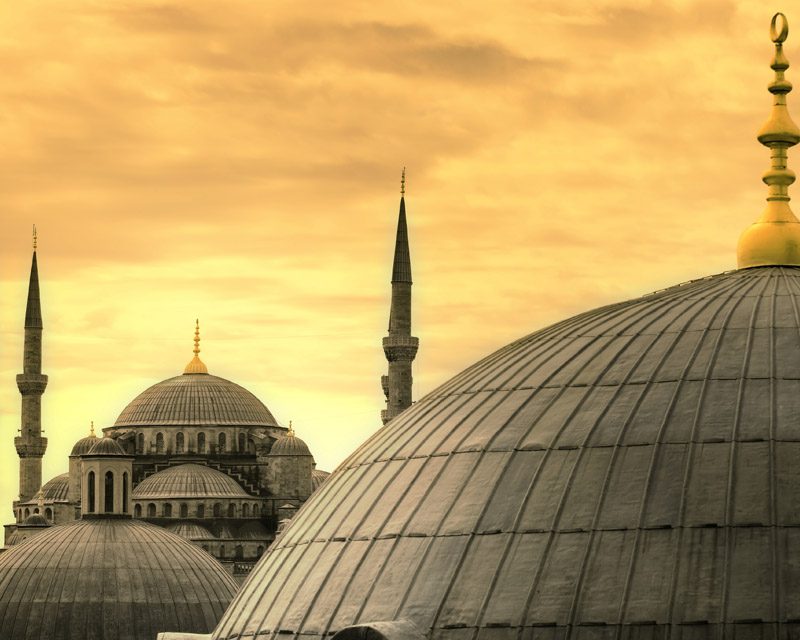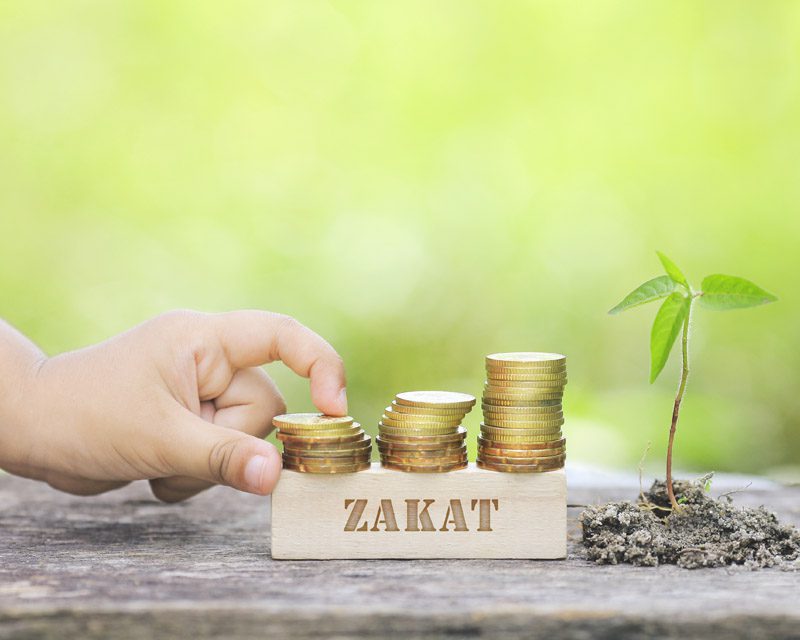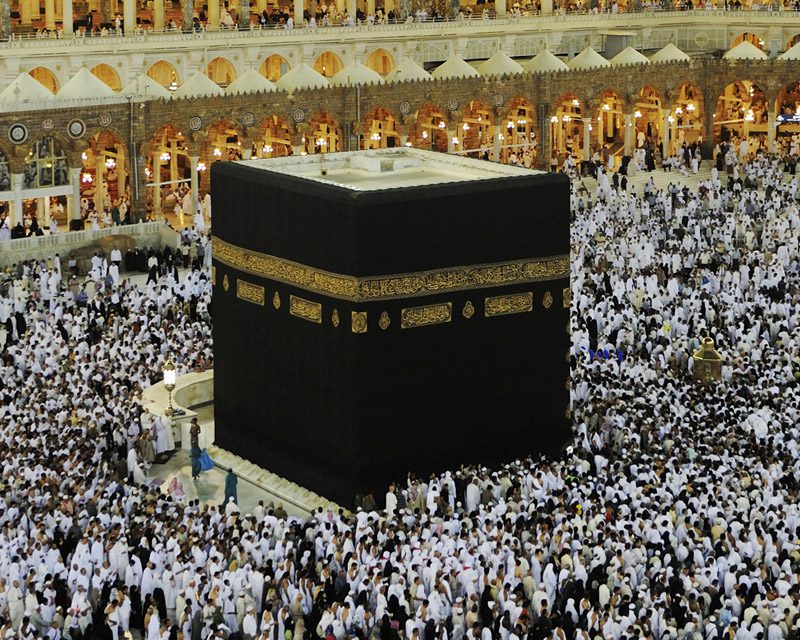The nature of human being and their curiosity to search the meaning of life has led many to find their belief and faith in Islam. Despite contradictions in the traditional rituals and multiple beliefs their intention to worship the one and true Allah remain the same.
“I did not create … mankind except to worship me” (51:56)
Life of person is not meaningless in Islam but the purpose of his existence includes worshipping one and only Allah who is the creator and sustainer of the whole universe. Worshipping in Islam is not only limited to the defined traditional rituals such as praying and fast; they also include doing every act and taking every decision for the sake of Allah’s mercy and pleasure.
Allah instructs his last and beloved messenger Prophet Muhammad in Quran,
“Say (O Muhammad) my prayer, my sacrifice, my life and my death belong to Allah; He has no partner and I am ordered to be among those who submit, i.e.; Muslims.” (6:162-163)
Worship in Islam: A Holistic View
Every person is dependent on the mercy of the Almighty. Connecting and worshiping Allah during the good as well as the hard times helps to increase the divine faith. It increases the sense of realization that every moment and every part of that moment is a blessing in disguise from the creator to a human being. It helps a person to trust and strengthen their belief that the critical times will eventually fade and Allah will help them to go through it.
Worship in Islam includes every act that a person does with a pure intention to gain a reward from Allah. Not only the traditional rituals but a small act of kindness is also considered as worship in Islam. Islam guides Muslims to stay kind and good-hearted in every part of life. Muslims are considered to be brothers to each other so they are required to help each other and stay beside each other all the time.
Rites of Worship
Islam provides a comprehensive approach to guide a person to lead his life in accordance with the teachings of Islam through Quran and Sunnah making his whole life an act of worship itself. The main rituals of worship in Islam includes,
– Quran
The Quran is the fifth and the final Holy Book in Islam which in accordance to Muslim’s is a compilation of revelations of Allah to Prophet Muhammad. It is considered as the word of Allah which provides a complete guidance to humanity. The language of the Quran is in Arabic but it has been translated into many other languages, Daily recitation, memorization and understanding the word of Allah is a core part of worship of Allah,
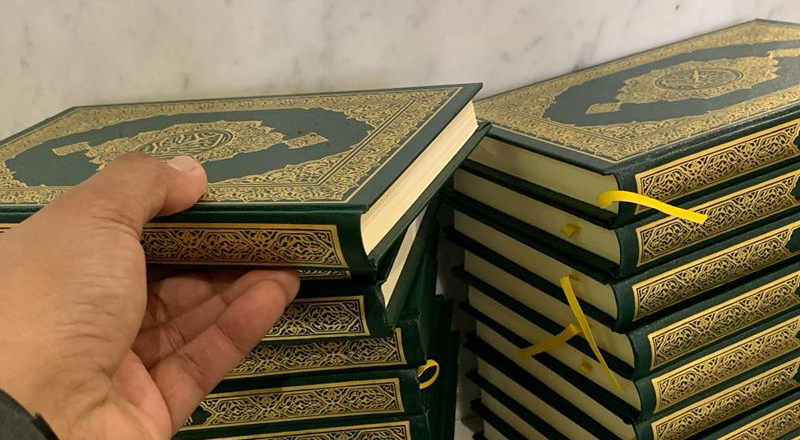
-Prayer
Every Muslim is required to perform five prayers throughout the day on prescribed timings. It is a physical, mental, and spiritual act of worship which is every Muslim’s obliged religious duty. Prayer helps a person to stay in contact with Allah directly and praise the blessings provided five times every day.
– Mosques
Mosques are the places of worship in Islam where the Muslims gather to perform their prayers five times a day. It is also a religious center where people gather to study and learn the teachings of Quran and Sunnah. Mosques provide the Muslims a platform to unite and form a brotherly bond with each other.
– Charity
Charity, the third pillar of Islam is a compulsory obligation over all the financially stable Muslims. They are required to give away a specified portion from their wealth to their Muslim brothers who are in need. It is a way to acknowledge the fact that all the wealth belongs to Allah and it shall be spent for him.
– Ramadan
Ramadan is the ninth month of Islamic calendar during which all the Muslims are obliged to fast from dawn to sunset. Muslims refrain themselves from eating, drinking and interacting sexually throughout the period. They abstain from wrongdoings for the sake of Almighty which enhances their willpower and patience.
– Hajj and Umrah
Hajj is an annual Islamic pilgrimage to Makkah which every physically and financially stable Muslim is required performs at least once in their lifetime. Not only religious but it is also associated with social significance in Islam. It brings Muslims from different parts of the world and unites them as one irrespective of their race, color, and culture.
Islam encourages physical as well as spiritual acts of worship to please Allah. Tradition core rituals, as well as every good act, are considered as an act of worship which helps the Muslim to enhance his belief and lead a meaningful life.


